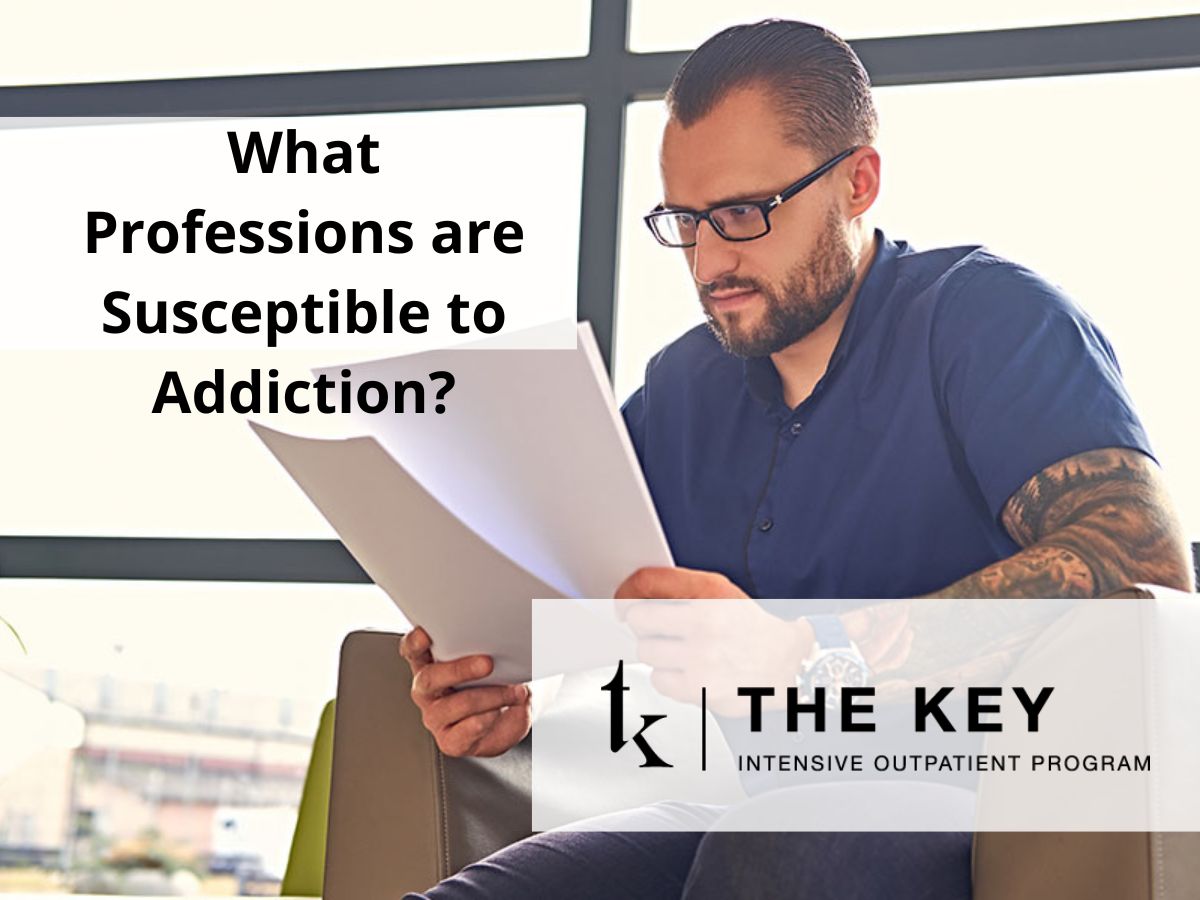Overcoming addiction is an extraordinary feat. But if you’ve ever struggled with substance abuse – the battle is ongoing. At times, the temptation can be overwhelming, leading to a relapse.
Relapses can be disheartening, but the good news is you aren’t powerless against them and have the ability to prevent them. By creating a well-thought-out relapse prevention plan, you can utilize strategies to resist cravings and other signs your strength is wavering, constructing a relapse prevention plan is one of the best things you can do.
How do you get started? Here’s what you need to know about prevention plans, including what makes them valuable.

What Is a Relapse Prevention Plan?
A relapse prevention plan is a written strategy designed to help those in recovery maintain long-term sobriety. Typically, these plans are developed at the end of treatment programs, often with guidance from a therapist or case manager. This exercise aims to help you better understand the nature of your substance use disorder as you transition to a sober lifestyle.
A relapse prevention plan consists of several components to support you when your risk of relapsing is high. These components often include a self-care guide, techniques to resist cravings and a list of people you can turn to for support.
Why Relapse Prevention Plans Matter for Long-Term Sobriety
The goal of any recovery journey is to prevent relapse entirely. However, this is often easier said than done. Relapses are common in recovery, regardless of the treatment’s effectiveness. Although a relapse does not mean your sobriety journey has failed, it can make it difficult to regain traction.
Relapse prevention plans act as a comprehensive resource you can turn to when struggling to cope with addiction (addictive behaviors). They give you resources when the cravings seem unbearable and help you better understand the root cause of your addiction. Early introspection establishes a more solid foundation for your long-term recovery.

Creating a Relapse Prevention Plan
Developing a prevention plan may seem simple and straightforward, but creating a compelling document requires careful consideration. Generally, the process can be broken down into three stages, each requiring an honest self-assessment.
Although this may take effort, your future self will thank you when faced with situations of high stress or intense cravings. The three elements of a solid relapse prevention plan are:
- Assess your personal history with addiction: To start, you’ll need to assess your history of alcohol or drug abuse. During this stage, you’ll work on coming to terms with your past in a forward-thinking approach so you’ll have the strength to combat relapse at its source. While this may be uncomfortable, it’s a critical step for building a new life outside of addiction.
- Identify scenarios that could cause a relapse: The second element in crafting a relapse prevention plan trains you to identify triggers and warning signs of relapse before they happen. This means pinpointing negative thought patterns and risky scenarios that could trigger a future relapse. It might seem counterintuitive to revisit these situations as part of your treatment, but doing so in a safe environment can provide you the strength to resist them in the future.
- Create an action plan for alternatives to substance abuse: The final step in creating a relapse prevention plan is developing specific coping skills. These skills will prove invaluable in your recovery journey as you struggle to manage cravings and cope with the stress of daily life. Forming a specific action plan means knowing precisely what to do when your relapse risk increases, making it more likely for you to stay on track.
Components of a Relapse Prevention Plan
Across the three stages of every relapse prevention plan, there are several components you’ll need to consider. From risk assessment to support groups, an effective plan contains several elements to keep you from relapsing. Here are some key components to consider while you develop your strategy.
Does Relapse Prevention Work for Drug or Alcohol Use?
No matter what form your substance use disorder takes, relapse prevention can help you keep your life on the right track. Whether you struggle with drugs or alcohol, a relapse prevention plan is worth the time it takes to develop. Those overcoming drug misuse will benefit from a thorough understanding of high-risk scenarios, while those with an alcohol addiction will build up their arsenal of coping skills.
Benefits of a Relapse Prevention Plan Created by The Key Addiction Treatment Center
It must be developed thoughtfully and thoroughly to ensure your relapse prevention plan is an effective resource. This means you need some help from a professional team. At The Key Intensive Outpatient Program, you’ll have access to a highly qualified support system with the knowledge and expertise necessary to develop a plan that works.
From recognizing warning signs to identifying your triggers, the team at The Key Addiction Treatment Center in Santa Cruz, California, is ready to help you get your life back on track — and keep it there.
It’s never too late to seek help for your addiction. Call The Key Addiction Treatment Center today at (831) 484-4191 to get started.







